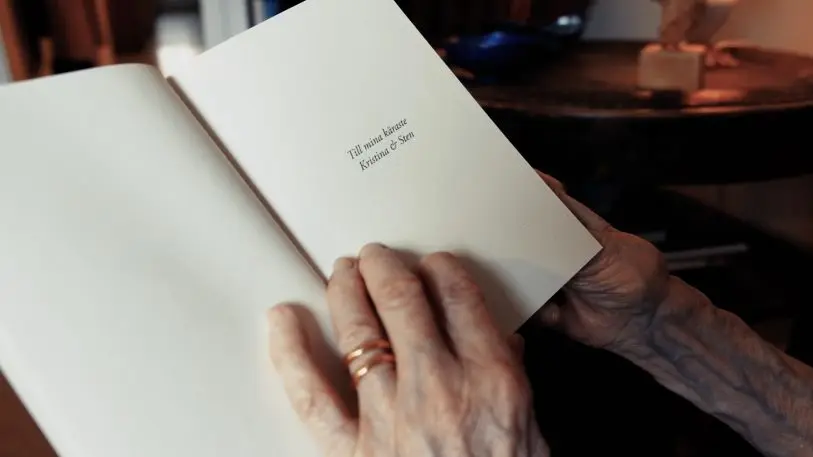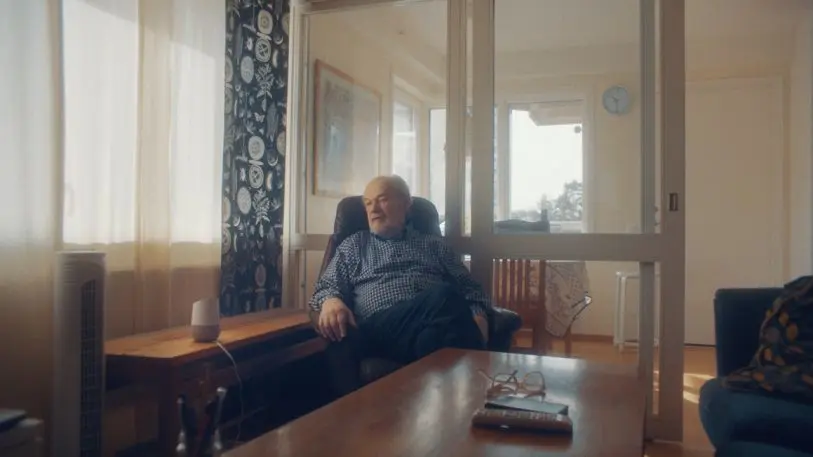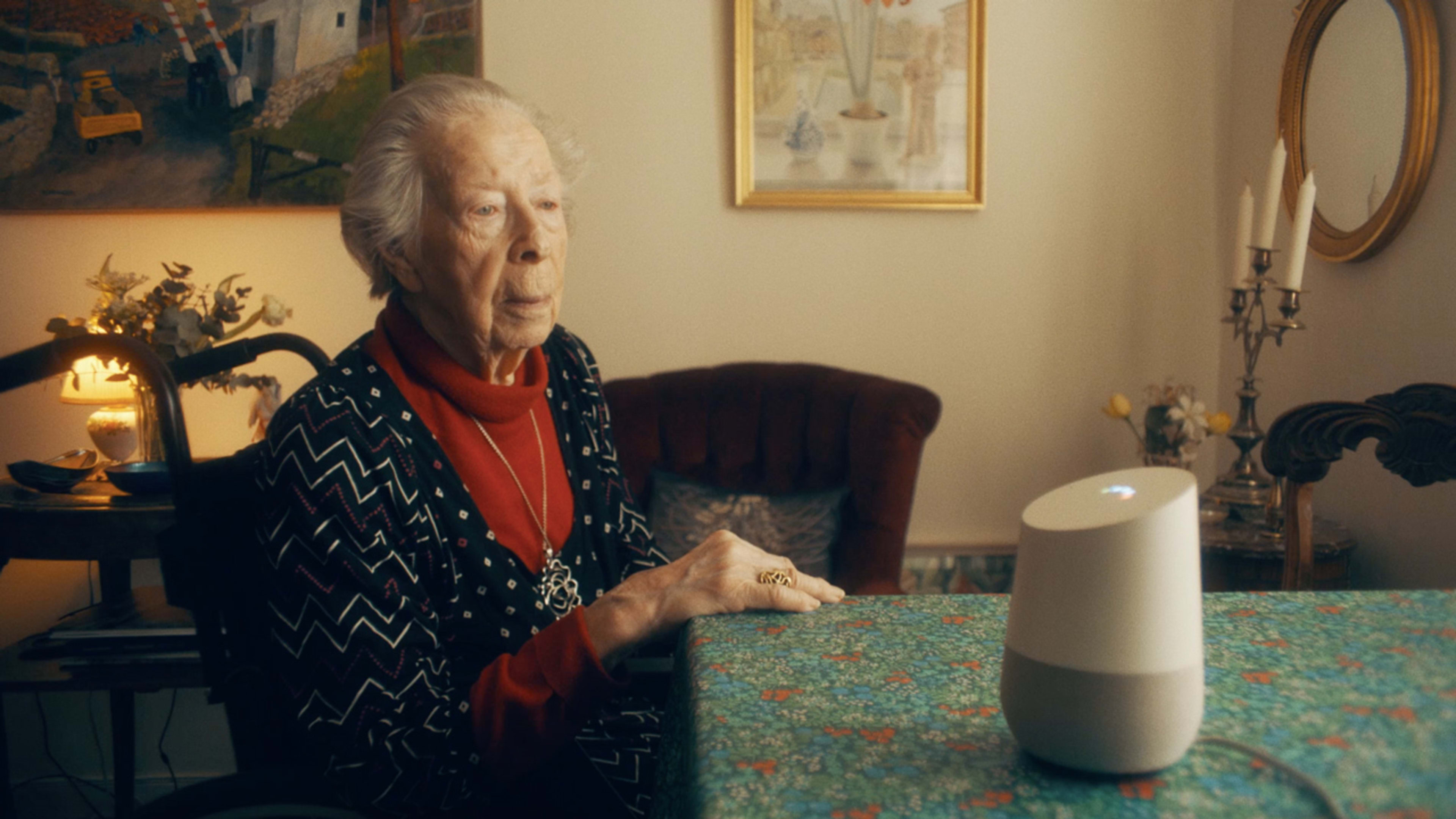More than a quarter of seniors in the United States live alone. That’s over 12 million people with few social outlets–people who have lived long, rich lives, who witnessed history as it happened and who want to leave a mark on the world after they’ve passed. But few of us will ever have a biographer sit with us for hours on end, asking us about our lives and transcribing our answers. Most of our stories get passed down by family piecemeal, or they’re lost entirely to time.
It doesn’t have to be that way. A new project out of Accenture Interactive for the Swedish energy company Stockholm Exergi has prototyped a voice app called Memory Lane. It runs on a stock Google Home speaker and, over the course of a natural conversation, it will piece together a highly detailed story of your life. When it’s done, you have an audio recording or a printed book that can be shared with family and friends.

One thing in particular Accenture was curious about was: Could these systems be more proactive than reactive? “Instead of just asking it trivial things–like what’s the weather–it’s the other way around,” explains Adam Kerj, chief creative officer at Accenture Interactive’s Nordic division. The team wanted to build a system that could drive a dynamic conversation rather than simply answer questions.
[Photo: courtesy Accenture Interactive]
While the R&D team was toying with the idea, Accenture’s client,Stockholm Exergi had expressed a desire to create something new in the realm of social sustainability. Stockholm Exergi’s public mantra has been “we make Stockholm warmer,” and the company wanted to build something that proved it.
“Stockholm is one of the loneliest cities on the planet,” says Kerj. So Accenture had this conversation experiment in one hand, and a client that could use conversations in the other. What they developed was an AI that could lead an intimate Q&A session. It asks questions about someone’s life, catches specific details, and is able to ask follow-ups appropriately.
“It would ask, ‘Where are you from? Where did you grow up? Did you have any sisters or brothers? What’s your parents’ names? Where did they grow up? Where did you go for holidays? Tell me about your first great love,'” says Kerj. “In a couple of minutes, it will have plotted its own narrative. So it will follow up instantly with deeper, meaningful questions.” (All responses are stored locally on the user’s own smart speaker rather than uploaded to the cloud for privacy.)

This isn’t the first time someone has trained a computer to encourage oversharing to a machine, though it appears to be more sophisticated than most. Technology can be quite imperfect and still extract someone’s life story.
In 1964, the German-American computer scientist Joseph Weizenbaum–considered one of the creators of AI–was working at the MIT Artificial Intelligence Laboratory when he developed a system called ELIZA, a virtual psychoanalyst. ELIZA had no true intelligence of any sort. But it was a good faker. It could spot keywords and patterns in conversation, chew them up, and spit them back out to you to mine for more. If you said “I am unhappy,” ELIZA could ask “Can you explain what made you unhappy?” I’ve heard that people would type into ELIZA for hours, sharing intimate secrets, sure the program was truly intelligent. And as a result, computer science has a term called the ELIZA effect–what happens when people assume computer behavior and human behavior is one in the same.
Memory Lane has been tested with a group of 10 people, ranging from age 75 to 101. In these early cases, Accenture trained the subjects on how to use the software. One particular important feature is that users could tell Memory Lane when they were done for a while, pausing the interview wherever they liked, and picking up another day. And the program has already documented two incredible stories. One person was a nurse in World War 2, another an early founder of the PRIDE movement in Sweden. The program has plans to expand in Stockholm and be built out into a recurring podcast.
Unfortunately, Memory Lane is not available to most of us, since it’s only a program in Stockholm. But that may change soon. Kerj’s team is planning to release it as a free app for Google Home and Amazon Alexa in the future.
Recognize your brand’s excellence by applying to this year’s Brands That Matter Awards before the early-rate deadline, May 3.
